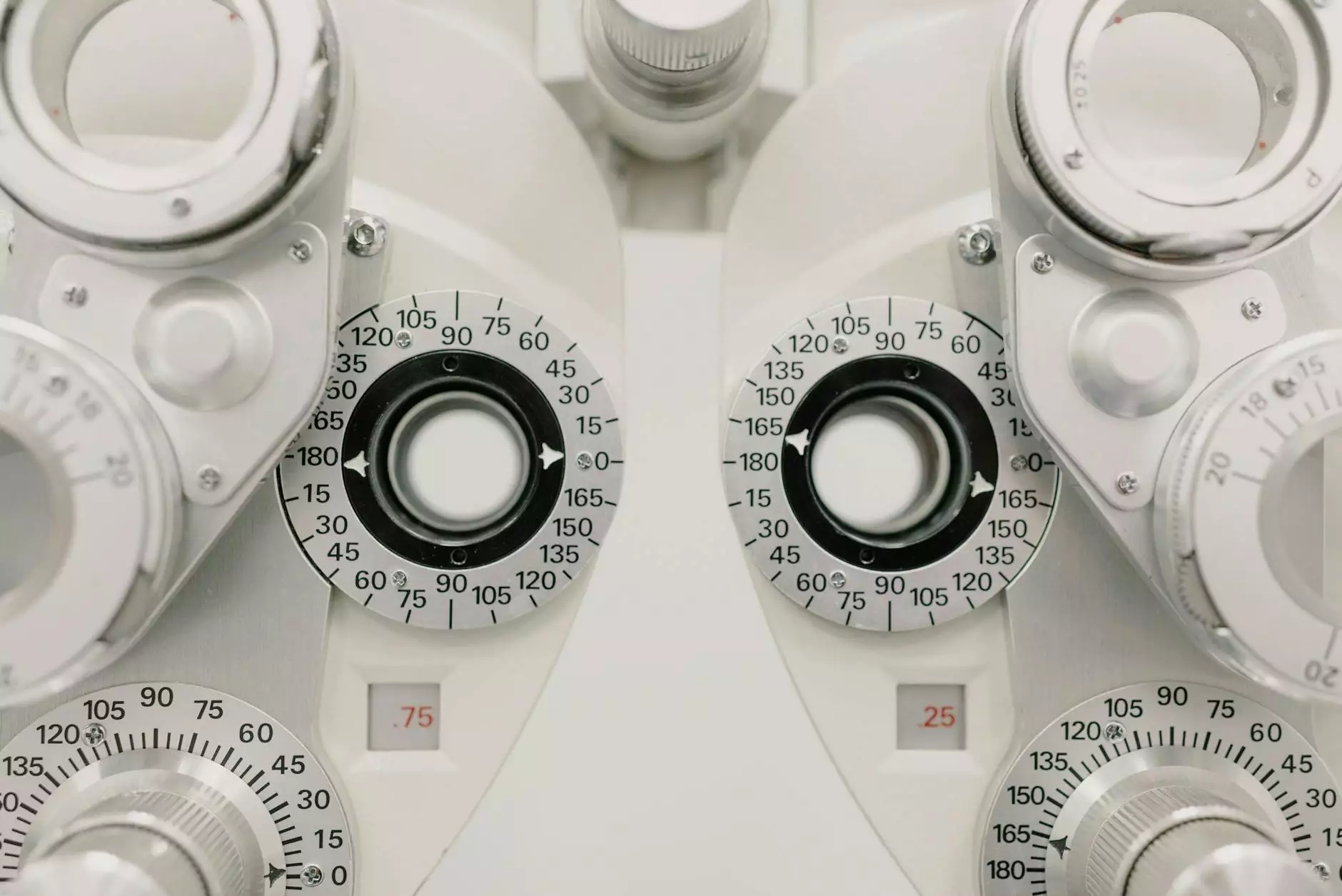Titanium: The Metal Of Choice For Medical Devices
Health
Introduction
In the world of medical devices, one metal stands out for its exceptional properties and versatility - titanium. Renowned for its strength, lightweight nature, and corrosion resistance, titanium has become the go-to material for various medical applications. In this article, Ageless Wisdom Magazine explores the reasons why titanium has emerged as the metal of choice for medical devices.
Unmatched Biocompatibility
The exceptional biocompatibility of titanium is one of the key factors driving its popularity in the healthcare industry. When it comes to medical implants, ensuring compatibility with the human body is crucial. Titanium exhibits excellent biocompatibility, meaning it is well-tolerated by the body, minimizing the risk of adverse reactions or rejections. This quality makes it ideal for implants such as joint replacements, dental implants, and spinal fusions.
Superior Strength-to-Weight Ratio
Titanium's remarkable strength-to-weight ratio is a defining factor in its selection for medical devices. Despite being incredibly strong, titanium is significantly lighter compared to other metals traditionally used in healthcare. This lightweight property is particularly advantageous for implants, as it reduces the overall weight burden on patients and enables greater comfort and mobility. Additionally, its strength ensures durability and longevity, making it a reliable choice for medical applications.
Corrosion Resistance
The ability to resist corrosion is a critical factor for medical devices, as they often come into contact with bodily fluids. Titanium's inherent corrosion resistance ensures that the devices remain intact and free from degradation or deterioration over time. This resistance to corrosion greatly enhances the longevity of titanium-based medical devices, contributing to their reliability and effectiveness in long-term patient care.
Flexibility and Adaptability
Another noteworthy advantage of titanium is its exceptional flexibility and adaptability. Manufacturers can shape and mold titanium into various intricate designs, catering to the specific requirements of different medical devices. Whether it's a complex orthopedic implant or a precision surgical instrument, titanium affords the freedom to create customized solutions that meet the unique needs of healthcare professionals and patients.
Excellent Imaging Compatibility
Medical devices often need to be compatible with imaging technologies such as X-rays, CT scans, and magnetic resonance imaging (MRI). Titanium possesses the remarkable ability to provide high imaging compatibility, allowing healthcare professionals to accurately visualize the surrounding tissues and structures. This ensures precise placement of implants and facilitates effective diagnosis and treatment planning.
Conclusion
Titanium has undoubtedly established itself as the metal of choice for medical devices. Its biocompatibility, strength-to-weight ratio, corrosion resistance, flexibility, and imaging compatibility make it an ideal material for a wide range of medical applications. At Ageless Wisdom Magazine, we understand the significance of titanium in the healthcare industry and strive to bring you comprehensive insights into its usage and technological advancements. Stay informed with our latest articles and dive deep into the world of titanium and its transformative role in improving patient care.




